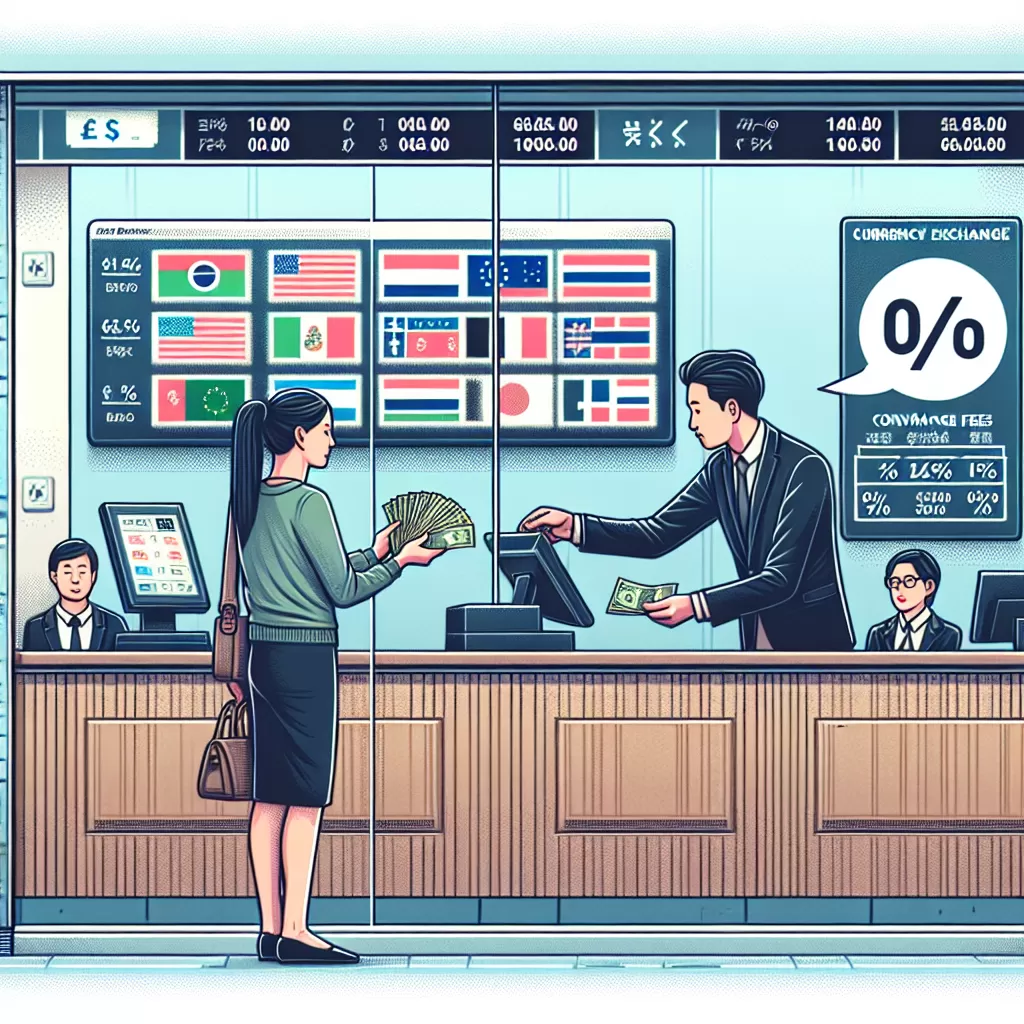What Fee Do Banks Charge For Currency Exchange
Follow Currency Mart April 10, 2024
Where to purchase Foreign Currencies?

Introduction
Understanding the ins and outs of currency exchange is critical whether you're a frequent traveler, an international business owner, or someone who occasionally sends money abroad. When it comes to exchanging currency, you might often find yourself asking, "what fee do banks charge for currency exchange?" This article will delve into the various types of fees banks may charge, guiding you through the complex realm of bank transactions and currency exchange.Currency Exchange Rate
The most significant cost that you encounter when exchanging currency is indeed the exchange rate. Banks offer different exchange rates than the mid-market or interbank rate — the actual price of the currency on the global market. They often add a markup on the real rate and pocket the difference as their own fee. This hidden fee is typically the heaviest yet the least transparent of charges related to currency exchange.Foreign Transaction Fees
Banks often charge foreign transaction fees for purchases made in a foreign currency. These fees are usually a percentage of the transaction amount and can range anywhere from 1% to 3% per transaction. When making purchases abroad or shopping online on foreign sites, this fee can quickly add up, making your purchases much more expensive than initially planned.ATM Fees
Withdrawing cash from a foreign ATM often involves fees. If your bank has a global ATM network, you might be able to bypass these charges. However, banks often impose a flat fee for using an out-of-network ATM, plus a foreign transaction fee. What's more, the bank that owns the ATM may also impose its own fees — a nasty surprise that becomes apparent only after the transaction.Wire Transfer Fees
If you're sending money overseas, whether it's for paying an international bill or giving money to a family member overseas, banks often charge a fee for this service. Wire transfers can be expensive, with fees sometimes reaching up to $50 per transaction, depending on the bank and the amount of money transferred.Handling Fees
Some banks impose an additional handling fee for currency exchange transactions. This is usually a flat fee charged each time you exchange money. It's essential to ask about this fee before proceeding with the transaction as it can make smaller exchanges disproportionately costly.Traveler's Check Fees
Although less common these days with the advent of debit and credit cards, some folks still use traveler's checks for international travel. Banks often charge a fee for issuing these checks — another cost to consider if you choose to go the traveler's check route.How To Minimize These Fees?
Now that you're acquainted with various fees banks can charge for currency exchange, it's essential to know how to reduce these costs. Some methods include using a debit or credit card with no foreign transaction fees, withdrawing large amounts at once to avoid numerous ATM fees, finding a bank with lower wire transfer fees, or trying out online money transfer services which often offer better exchange rates and lower fees than traditional banks.Conclusion
Banking fees for currency exchange can be steep and multifaceted. However, with consciousness about these costs and an informed approach, you can navigate through the realm of currency exchange, minimizing unnecessary expenses, and making the most of your hard-earned money. So next time you're planning to travel or send money abroad, take a careful look at your bank's policy and explore all options before diving in.
Where to purchase Foreign Currencies?